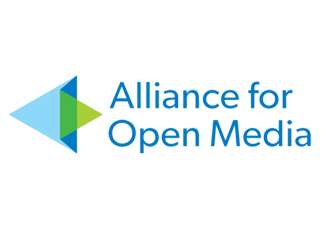| Video Codec Consortium Proposed |
| Written by Alex Denham |
| Tuesday, 08 September 2015 |
|
Some prominent companies in the software industry are working towards a single standard for encoding and decoding video.
The Alliance for Open Media is made up of Amazon, Cisco, Google, Intel, Microsoft, Mozilla, and Netflix, and the plan is to create royalty-free and open source ways to work with video. At the moment there’s a lack of standards and patent battles over existing codecs. According to the Alliance’s website, the group intends to: “deliver a next-generation video format that is interoperable and open; optimized for the web; and scalable to any modern device at any bandwidth”. The format will also be designed with a low computational footprint and optimized for hardware, and be capable of consistent, highest-quality, real-time video delivery. Easy to say and difficult to deliver. The first step is to create a new, open royalty-free video codec specification based on the contributions of members, along with binding specifications for media format, content encryption and adaptive streaming. If the alliance can co-operate enough to create such a codec, it will save some of the members a great deal of money. Amazon and Netflix, for example, have to license codecs at the cost of millions of dollars each year so consumers can view streaming media files. The interesting part will be how the decisions are made on the way the codec should be written, and whose technology will underlie the codec. Google is an obvious front-runner; it launched the WebM Project in 2010 to foster collaboration in the arena of web video innovation because the existing technologies were too slow and too closed. The work so far on its VP9 and VP10 codecs will need to be integrated with Cisco's Thor project and Mozilla's Daala initiative. Getting agreement among companies who have their own agendas could be interesting to say the least. If they do manage it then the codec should make it into the most used browsers as Google, Microsoft and Mozilla are all on board - this too would be a first.
More InformationRelated ArticlesBrendan Eich Has Seen The Future - Video Streaming Using Just JavaScript Google introduces WebP, a new web image format
To be informed about new articles on I Programmer subscribe to the RSS feed, follow us on, Twitter, Facebook, Google+ or Linkedin, or sign up for our weekly newsletter.
Comments
or email your comment to: comments@i-programmer.info
|
| Last Updated ( Tuesday, 08 September 2015 ) |



